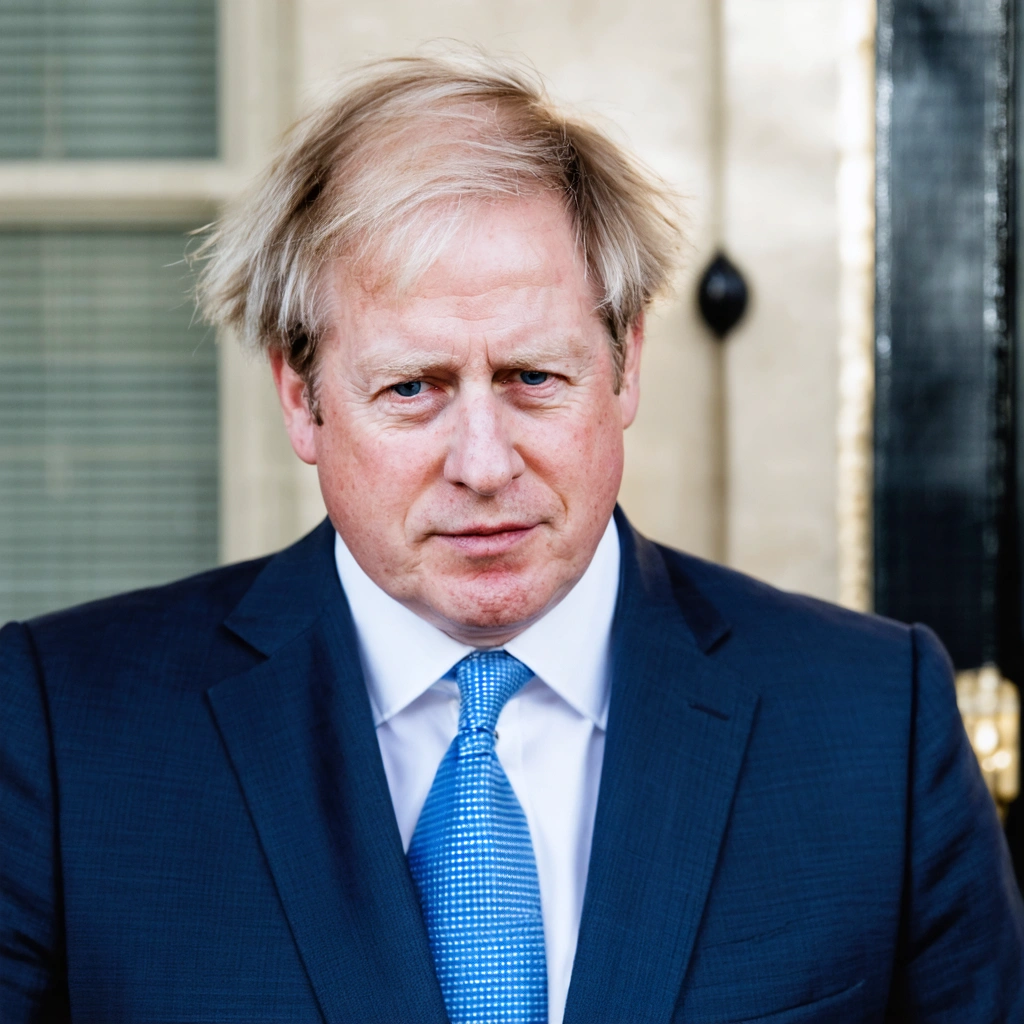
Introduction and National Assurance
In a period marked by rapid international economic shifts, the United Kingdom’s Prime Minister addressed the issue of new US trade tariffs with a measured and confident approach. Firstly, the PM emphasised that the nation would adopt a calm stance even as global market uncertainties mount. Moreover, the government reassured citizens that all necessary assessments would transpire promptly in order to maintain a stable economic environment. The PM expressed determination to balance diplomatic prudence with proactive trade policies. As a result, economic advisors and industry experts noted that the UK remains committed to protecting its markets. Transitional words such as “furthermore” and “consequently” underscored the commitment to a resilient plan that considers a full spectrum of potential outcomes.
Understanding the Trade Tariff Challenge
In recent weeks, the issue of US tariffs has triggered extensive debate both at home and abroad. The PM, displaying clear leadership, stated that the British government would monitor the situation with precision. The trade challenge emerged on the international stage when US policymakers introduced additional tariff measures that triggered immediate responses from sceptics and enthusiasts alike. Critics argue that such tariffs may disrupt long-standing trade relationships, while supporters claim that they will create opportunities for domestic revival. Consequently, the government began examining various responses. These include, but are not limited to, the following measures:
- Strengthening bilateral trade discussions
- Exploring alternative export routes
- Engaging with international partners for coordinated responses
Each option received detailed scrutiny, and, importantly, the government maintained a calm, steadfast approach throughout the process.
Political Opposition and Internal Deliberations
Behind the scenes, political figures from various parties engaged in robust discussions about potential strategies. Notably, Keir Starmer, leader of the opposition, made clear his party’s negotiation stance by announcing that he is “keeping all options on the table” in response to the new US trade tariffs. In addition, Starmer’s remarks conveyed a message of flexibility and strategic readiness. His statement did not spark immediate alarm but instead provided a framework within which alternative proposals could be continuously evaluated. During meetings, policy experts compared different frameworks, and committees reviewed historical precedents to form a coherent strategy.
Comparing Strategic Approaches
The government and the opposition both crafted plans, although they varied in detail and execution. The following table summarises key aspects of their proposals in a direct comparison:
| Aspect | UK Government Approach | Opposition Proposals |
|---|---|---|
| Response Speed | Deliberate and measured | Swift and adaptive |
| Diplomatic Engagement | Prioritises multilateral discussions | Focuses on bilateral negotiations |
| Economic Safeguards | Stable and cautious measures | Risk-taking with innovative policies |
This table clearly shows that although both sides ask for vigilance, their methods differ significantly. Moreover, the overlap in strategic intent has encouraged further dialogue to ensure the best interests of the nation prevail.
Government Strategy and Historical Context
Historically, the UK has opted for a measured route when confronted with international trade challenges. First, the government consults a wide array of domestic and global economic experts; secondly, it reviews previous policy outcomes to adapt best practices to current conditions. By adopting a calm approach, the PM conveyed a readiness to absorb sudden changes yet remain focused on long-term plans. For instance, the government has previously navigated similar turbulent times by engaging in robust negotiations with trade partners and implementing well-considered countermeasures. Furthermore, strategic meetings continue to draw insights from past experiences which, in turn, serve as effective guides during uncertain times. This methodology reassures stakeholders and inspires confidence in future policies.
Global Trade Implications and Future Prospects
The impact of US tariffs extends far beyond immediate diplomatic tensions. International markets now closely monitor these developments and evaluate potential consequences in a broader framework. Undoubtedly, the UK government is committed to safeguarding national economic interests, and experts predict that a calm strategy may yield long-term benefits. In addition, policymakers believe that the cautious stance might encourage healthy dialogue with key trading nations, thereby strengthening supply chains and export capabilities. Consequently, the government encourages ongoing assessments through these numbered points:
- Evaluating tariff impacts on domestic industries
- Reviewing global market trends in real time
- Collaborating with international economic forums
- Implementing agile policy measures if required
Such a sequence of measures aims to ensure that the UK adapts seamlessly to a dynamically changing global trade environment.
Economic Indicators and Market Reactions
Recent economic reports have depicted a mixed reaction among market analysts. While some experts noted declines in certain sectors, others heralded opportunities for revitalisation and expansion. Accordingly, the PM responded by stressing the importance of balanced economic indicators. In addition, industry leaders confirmed that consumer demand remains robust despite occasional market fluctuations. Furthermore, transitional words like “subsequently” and “notably” reflect the government’s emphasis on adaptability. Detailed analyses of economic data revealed that long-term trends prove less volatile than short-term anomalies. Consequently, market analysts optimistically forecast a period of stability that follows measured government intervention.
Expert Opinions on Future Trade Negotiations
Expert voices across the business spectrum have offered numerous perspectives on the current situation. For example, economic strategists and trade specialists have concurred that maintaining composure during such periods plays a paramount role in enabling effective policy responses. Moreover, seasoned policymakers highlighted that flexibility, rather than reactionary measures, ensured positive trajectories amid bilateral disputes. Additionally, academic circles continue to debate the merits of carefully balanced strategies compared to rapid countermeasures. In seminars and public forums, experts have outlined both the strengths and potential pitfalls of various approaches, which further encourages informed political debate and open discussion among stakeholders.
Concluding Reflections and National Unity
In conclusion, the UK government and its counterpart political groups appear determined to navigate the choppy waters of international tariffs with an unyielding sense of resolve and unity. As demonstrated through multiple strategic layers—from careful diplomatic dialogue to the comprehensive evaluation of economic trends—the British leadership remains both reactive and responsible. Furthermore, the PM’s commitment to employing calm, evidence-based approaches underlines a shared national interest in sustaining economic growth and stability. Ultimately, citizens and industry leaders alike look forward to evolving protocols that are both flexible and rooted in historical success. These strategic narratives, combined with robust discussions across political domains, have set a tone of measured optimism for the future of UK-US trade relations.




